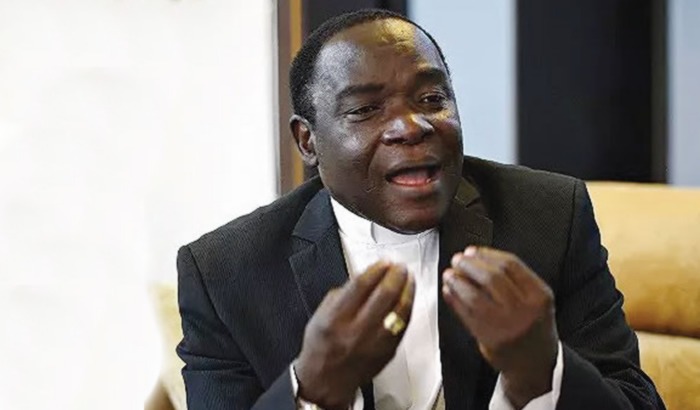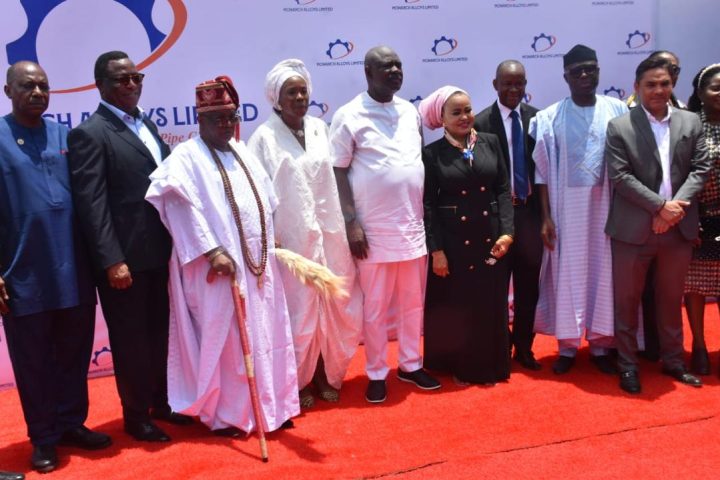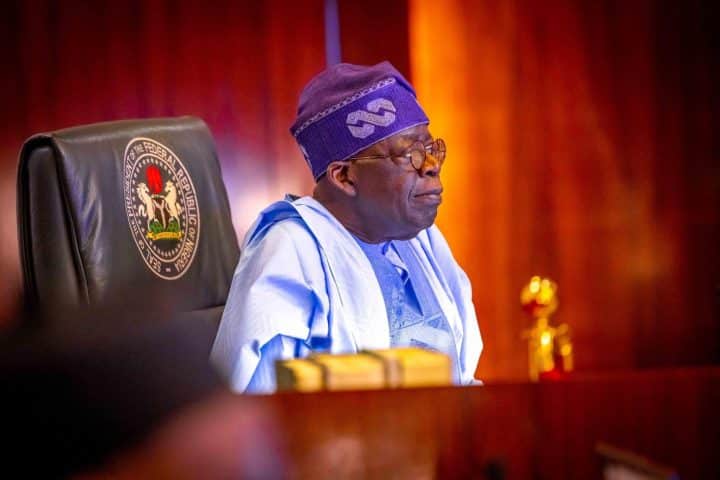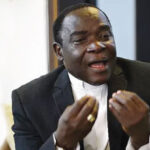Bishop of the Catholic Diocese of Sokoto, Nigeria, Matthew Hasan Kukah has warned against giving the ongoing crisis between Israel and Palestine a religious colouration by citizens of other countries not directly involved, especially Nigeria.
Kukah, who gave the warning during an interview with Arise News TV on Tuesday, stated that it poses a potential danger to use religious identity as a weapon in the ongoing Israel-Hamas conflict.
Join our WhatsApp ChannelWhen asked whether he thinks the ongoing conflict could further polarize Nigeria, along ethnic and religious lines, Kukah said it is unfortunate that such should be happening. He called on the Nigerian government to adopt serious measures to punish those who commit crimes by weaponizing identities to cause problems.
READ ALSO: Israel-Hamas Conflict: Biden Seeks Adoption Of Two-state Solution For Peace
“The instrumentalization of identities is a dangerous weapon. So, people who say we Muslims of Christians, there is absolutely nothing like that…”
“Why should my complexion or the language I speak be an issue? Right now, it is, and we do not have a process for redress, so this is why all these things about religion continue to come back.
“We are not the only diverse country in the world… It is important that the government of the Federal Republic of Nigeria comes to terms with the fact that there are processes.”
He said it is absolutely unacceptable for anyone to kill another in the name of religion.
“People must now be punished for crimes they commit.
“The weakness of the Nigerian state is largely responsible for the rising role and place of non-state institutions. This is a democracy. The business of democracy is to level the playing for all.”
Speaking directly to those touting support for the Palestinians on the basis of religious affiliation, the cleric said the issue is about injustice to the people not about religion.
Speaking from a historical perspective, Kukah said, the Palestinian situation has become an unresolved and neglected matter, exploited by strong powers, with the five Permanent Members treating the Palestinians like simple pawns with no discernible game plan.
He added that for decades, the Palestinian people have also been abandoned even by their Arab brothers (countries).
He stated that after the Apartheid issue in South Africa was resolved in the 1990s, he thought that the next focus would be on the Israel-Palestine problem, but it was swept under the carpet and a lot of things have gone awry since then.
Why I Suggested, Obama, King Abdullah, Gordon Brown, Obasanjo Should Intervene In Israel-Hamas War
Moved by the loss of lives and properties in the ongoing conflict between Israel and Palestine, Bishop Kukah, had in a media interview recently, appealed to former US President Barack Obama, former Nigerian President Olusegun Obasanjo, former United Kingdom Prime Minister Gordon Brown, ex- Ireland President Mary Robinson, and King Abdullah of Jordan to mediate a settlement between the parties involved.
Kukah stressed the need for urgent reconciliation between the Israelis and Palestinians to end the ongoing conflict.
The Sokoto Diocese Bishop said both sides have made mistakes and what is needed now is an urgent reconciliation to save more lives from being lost and achieve a lasting peace.
Explaining his choice of the past political leaders to spearhead peace talks on the conflict, Bishop Kukah said, “America has to be in the room because they are, for now, pound for pound, the most powerful nation in the world.
“There are so many battles that are being fought simultaneously, and there’s a lot of heavy lifting to be done, but primarily, my concern is that we need to deploy a certain level of moral courage and moral authority to say, listen people, it can’t go on like this.”
Additionally, he said that because the UK was given the order, they had to be there for really pragmatic strategic concerns.
“I found that Gordon Brown, not only does he have the intellectual capacity, but he is also somebody who is visibly invisible, so I thought he would be a good representation,” he added.
Victor Ezeja is a passionate journalist with seven years of experience writing on economy, politics and energy. He holds a Master's degree in Mass Communication.




















Follow Us